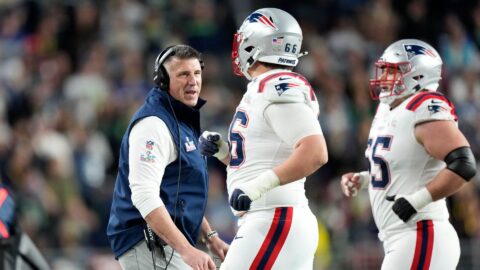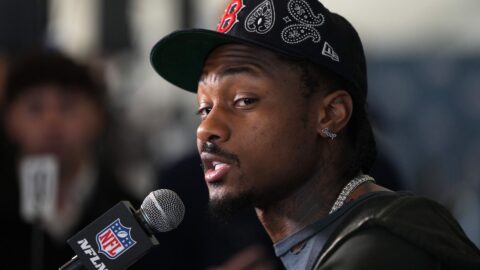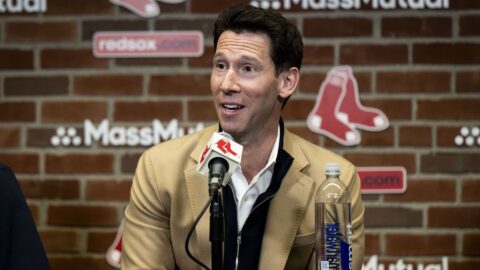Editor’s note: Each day this week, Tony Lee will examine one part of Bobby Jenks‘ journey to major league stardom.
For all intents and purposes, Bobby Jenks‘ introduction to the baseball world came against the team he now plays for, the Boston Red Sox. He saved the final two games of the 2005 American League Division Series for Chicago against Boston — one, a two-inning job and another a 1-2-3 clincher that helped make the then-24-year-old a household name in the Windy City.
The road to that moment was not like many others, however.
Jenks, who grew up in tiny Spirit Lake, Idaho, did not have the stellar high school career that many hard-throwing pitchers use to get on the radar of major league scouts. In fact, poor grades kept him from being eligible for both his junior and senior years.
But with talent like that of Jenks, even a wayward scholar in the wilds of the Pacific Northwest could not be covered up.
“Far and away, the most talented individual I’ve ever been around, in terms of arm strength,” said Mark Potoshnik, who took the academically ineligible Jenks into his home and gave him exposure on a summer league team in the area of Seattle.
Enough interest was generated to get Jenks a few chances to showcase his stuff for scouts. One such session saw him throw an offering well over his catcher’s head and into the collection of onlookers. It was that rawness, Jenks’ burly frame and his dalliances with perceived attitude issues that saw one of the hardest amateur throwers in the nation last until the fifth round of the 2000 draft, when the Angels took a stab at a kid that figured to be a project.
Thus began a rocky road that would see Jenks and the Angels seemingly fall in and out of love with the partnership. It began on a downhill progression as a 19-year-old Jenks struggled mightily in his first taste of professional ball.
Pitching in 14 games — 12 starts — for the Butte Copper Kings of the rookie-level Pioneer League, Jenks was 1-7 with a 7.86 ERA. In 52 2/3 innings he gave up 61 hits and walked 44 while striking out 42. It was a league that sees its share of runs (the Copper Kings’ team ERA that year was 5.84), but the difficulties Jenks had off the bat would set the course for the coming years, when long before he ever reached the majors, he made headlines for non-baseball related matters.
Through it all, those that knew him when he was just a kid looking for somewhere to throw a baseball kept their faith.
“Everyone who saw him back when he was younger, it was never a matter of ability,” Potoshnik said. “It was whether he was going to be healthy, and, with his background, is he going to be able to overcome some things and learn how the rest of society works, and be able to flourish in that environment.”
There were doubters, plenty of them. It was up to Jenks to prove them wrong.
Check out Tuesday’s story on Jenks and his time in the Angels’ organization, which had its fair share of ups and downs but helped create the star pitcher we see today.



